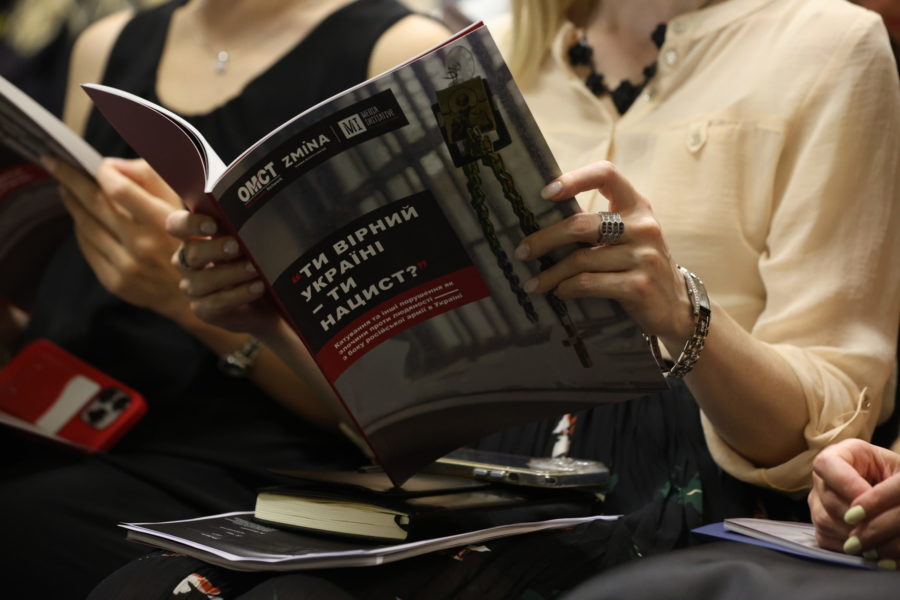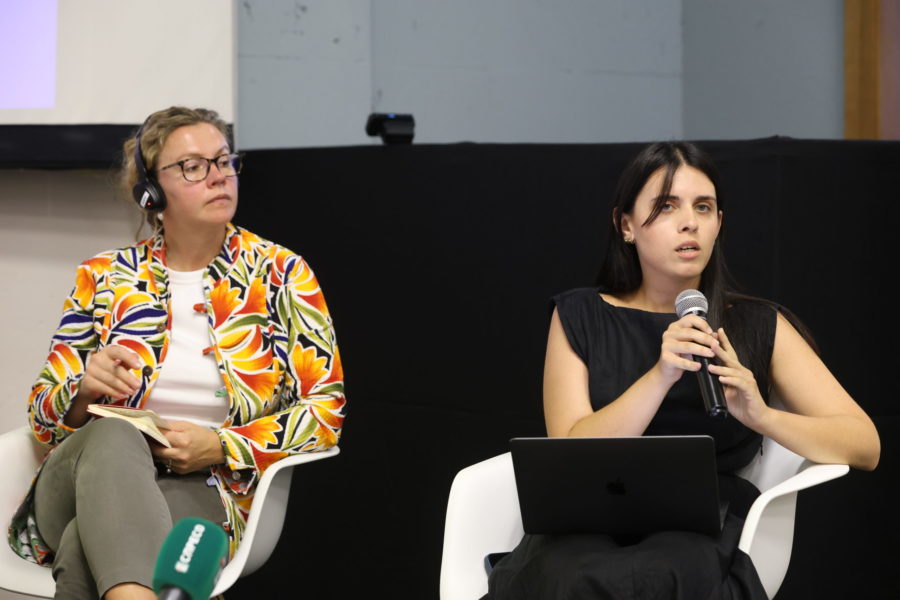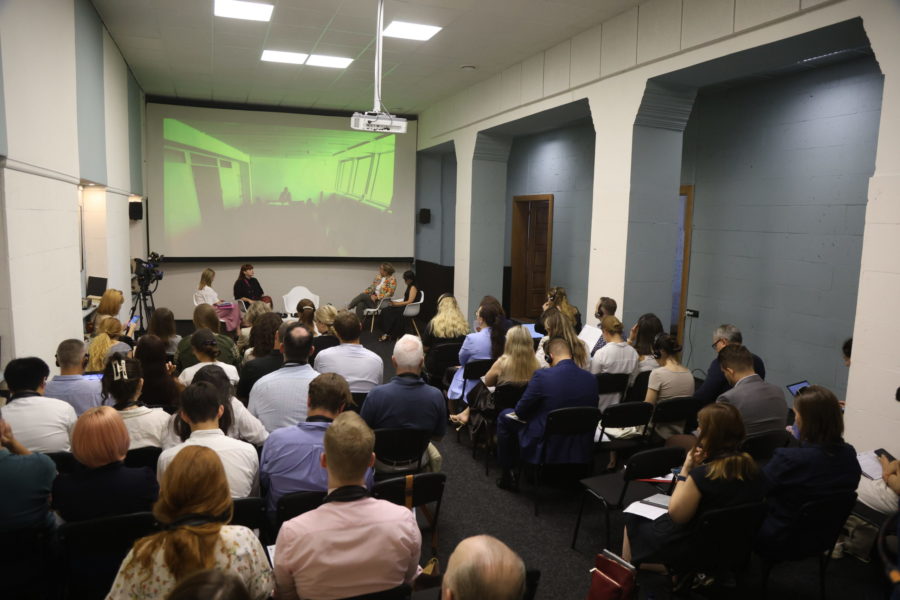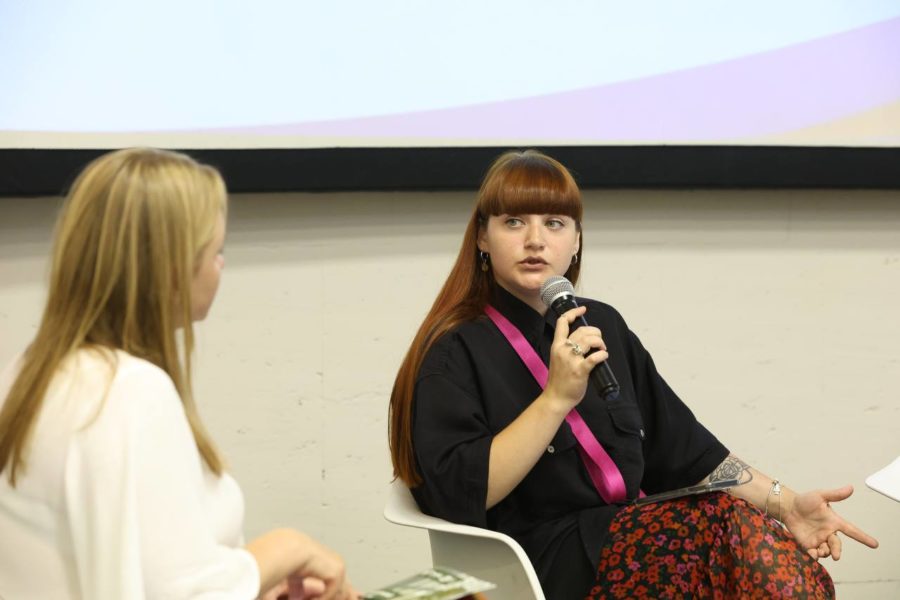The attack on Ukrainian civilians under occupation is a planned tactic of the Russian Federation, according to human rights defenders
Ukrainian human rights defenders and such international structures as the UN and the OSCE have reached a joint conclusion that Russia had a planned strategy of attacking the civilian population in all occupied territories, and the actions of the Russian Federation may constitute crimes against humanity. In addition, Russia involves, in particular, the Ministry of Defense and the Federal Security Service (FSB) in the torture system.

This was discussed on August 28 in Kyiv during the panel discussion “Torture and persecution of civilians as crimes against humanity by the Russian authorities in Ukraine: ways to ensure accountability”, which was organised by the World Organization Against Torture (OMCT), the Media Initiative for Human Rights (MIHR) and the Human Rights Centre ZMINA.
Thus, the conclusions of the latest report of the Moscow Mechanism of the OSCE indicate that the Russian practice of arbitrary deprivation of liberty of Ukrainian civilians in the occupied territories has a mass character, and also constitutes systematic and targeted actions against the civilian population of Ukraine.
Dr. Elina Steinerte, an expert of the Moscow Mechanism of the OSCE, said that when the Russians enter the occupied territory, they have lists of people who must be detained. In particular, these are activists, journalists, activists, representatives of local self-government, etc.

“The exact number of detained civilians is unknown, but it could be thousands. Such arbitrary detention and detention of civilians is a gross violation of international humanitarian law, and illegal deprivation of liberty is both a war crime and a crime against humanity. After the detention, representatives of the Russian Federation regularly torture civilians, beat, humiliate, resort to sexual violence, limit a person’s contact with the outside world, and do not even provide emergency medical care,” said Elina Steinerte.
Unfortunately, Russia ignores the norms of international humanitarian law, and the world mostly has no mechanisms to force the Russian Federation to fulfil its international obligations and observe human rights. Even communication between Russia and the International Committee of the Red Cross, which is supposed to monitor the situation of illegally detained Ukrainians, is very limited.
The coordinator of the UN Independent Commission of Inquiry on Ukraine, Joël Mermet, said that the Commission investigated cases of illegal detentions in various territories of Ukraine that were occupied. The Commission, in particular, found that the Russians created special facilities for torture in the occupied territories immediately after the capture of these territories. Torture was often aimed at obtaining information about the Armed Forces, Mermet says, and victims were sometimes tortured for several days. In addition, the commission knows that the Russians detained mostly men, although among the victims there were women from 15 to 83 years old, some of whom survived rape.

Yelyzaveta Sokurenko, Head of the War Crimes Documentation Department of the Human Rights Centre ZMINA, noted that Russian attacks on the civilian population are a planned tactic, and the duration of the occupation worsened the situation of the civilian population. This is evidenced by the joint report of the OMCT, MIHR and ZMINA.
“Such attacks are directed against a broad political group that did not support Russia and the occupation. In fact, a person could be detained for any information on the phone that might seem suspicious, or for living near a Russian army deployment. In addition, the actions of representatives of the Russian Federation took place according to the same scenario in all occupied territories, and the criminals tried to remain unidentified. Russia directed large resources to the construction of such a system, because, in particular, both the Ministry of Defense of the Russian Federation and the FSB were involved in the planning of crimes,” said Sokurenko.
 Yelyzaveta Sokurenko
Yelyzaveta SokurenkoLyubov Smachylo, Head of the Analytical Department of the Media Initiative for Human Rights, noted that torture is only one element of a broad system of Russian crimes, and it occurred along with other crimes committed by representatives of the Russian Federation. In addition, Smachylo added, the Russians in the occupied territories are trying to establish full control over all spheres immediately after occupying them.
If you have found a spelling error, please, notify us by selecting that text and pressing Ctrl+Enter.















